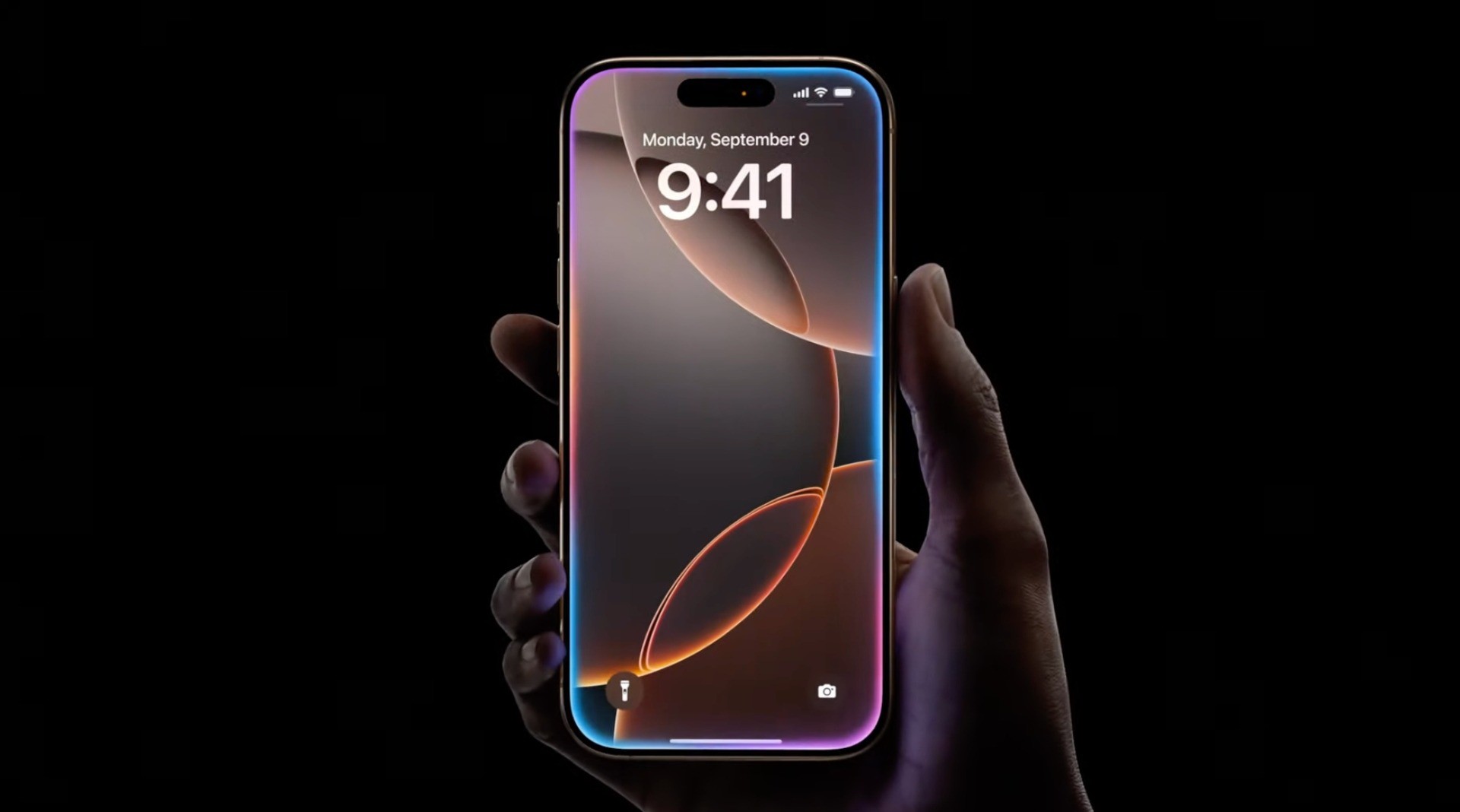The iPhone 17 series will use a 3nm N3P chip, while the iPhone 18 Pro is expected to feature a 2nm chip in 2026, according to Ming-Chi Kuo.
According to analyst Ming-Chi Kuo, the iPhone 17 series expected to launch next year will be equipped with processors using TSMC's advanced 3nm N3P chip technology. However, only the iPhone 18 Pro models in 2026 are likely to be equipped with the Taiwanese chipmaker's next-generation 2nm chip technology, due to cost concerns.
The terms “3nm” and “2nm” describe generations of chip manufacturing technology, each with its own set of design rules and architecture. As these numbers decrease, it often means that the size of the transistors also gets smaller. Smaller transistors allow more transistors to be packed onto a chip, leading to increased processing speed and improved energy efficiency.
Last year, Apple adopted 3nm chips for its iPhone and Mac products. Both the A17 Pro chip in the iPhone 15 Pro models and the M3 series of chips in the Macs were manufactured using the 3nm process, an upgrade from the previous 5nm chip technology. This year's iPhone 16 series uses the A18 chip, which is built on the second-generation 3nm process, so its performance is faster and more energy efficient than the A16 Bionic chip used in the iPhone 15 models.
TSMC plans to start producing 2nm chips by the end of 2025, and Apple is expected to be the first company to receive chips made using the new process. TSMC is currently building two new facilities to produce 2nm chips and is seeking approval to build a third. New factories typically happen when TSMC needs to increase production capacity to handle large orders, and the company is aggressively scaling up to meet demand for 2nm chip technology.

TSMC is investing billions of dollars in this new chip technology, while Apple has to adjust its chip designs accordingly. As TSMC's largest customer, Apple often has priority access to the latest chips.
For example, in 2023, Apple purchased the entire first batch of TSMC's 3nm chips for use in its iPhones, iPads, and Macs. This partnership allows Apple to integrate the most advanced semiconductor technologies into its products before competitors have a chance to do the same.
During the transition period between 3nm and 2nm chips, TSMC will introduce several new improvements to 3nm chips. Currently, TSMC has launched N3E and N3P chips, which are upgraded versions of the 3nm process, and there are other chips in development, such as N3X for high-performance computing and N3AE for automotive applications.

